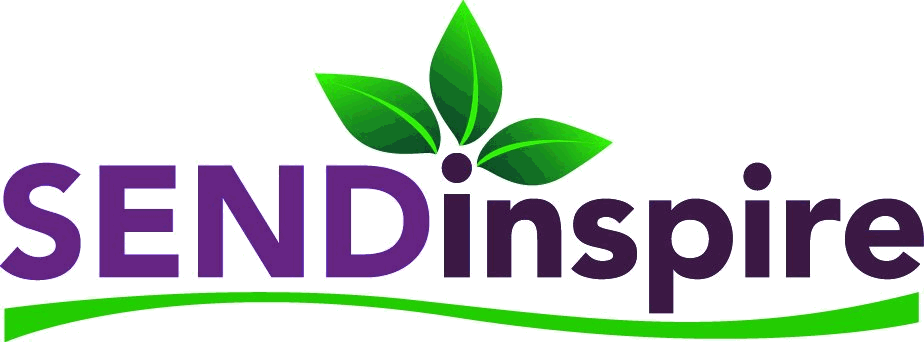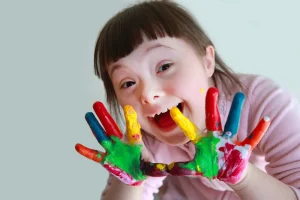Down’s syndrome is a genetic disorder caused by the presence of an extra copy of chromosome 21. This additional genetic material alters the course of development and causes the characteristics associated with Down’s syndrome.
Symptoms:
- Physical Features: Individuals with Down’s syndrome often have distinctive facial features, including almond-shaped eyes, a small nose, and a flat back of the head.
- Intellectual Disabilities: There is a range of intellectual disabilities, but most individuals with Down’s syndrome have mild to moderate cognitive impairment.
- Developmental Delays: Children with Down’s syndrome may reach developmental milestones later than their peers.
- Health Issues: They may be more prone to certain health conditions, such as heart defects, gastrointestinal issues, and respiratory problems.
Diagnosis: Down’s syndrome can be diagnosed during pregnancy or after birth.
- Prenatal Testing: Non-invasive prenatal screening (NIPS) and diagnostic tests like amniocentesis can detect the presence of Down’s syndrome during pregnancy.
- Postnatal Testing: Physical examination and genetic testing, such as a chromosomal karyotype, can confirm the diagnosis after birth.
Treatment: While there is no cure for Down’s syndrome, early intervention and medical care can help manage associated health issues and support overall development.
- Medical Care: Regular check-ups with healthcare professionals to monitor and manage any health concerns.
- Therapies: Occupational therapy, physical therapy, and speech therapy can assist in developing various skills.
- Education: Personal Learning Plans and support can help individuals with Down’s syndrome reach their full potential.
Help and Support:
- Supportive Services: Many organisations and support groups provide resources and assistance for individuals with Down’s syndrome and their families.
- Special Education Services: Schools often offer special education programs tailored to the unique needs of individuals with Down’s syndrome.
- Community Involvement: Involvement in community activities and social groups can provide a sense of belonging and support.
Living with Down’s syndrome varies from person to person, and many individuals with Down’s syndrome lead fulfilling lives with the right support and opportunities. It’s important for families to connect with healthcare professionals and support networks to navigate the challenges and celebrate the achievements of individuals with Down’s syndrome.

